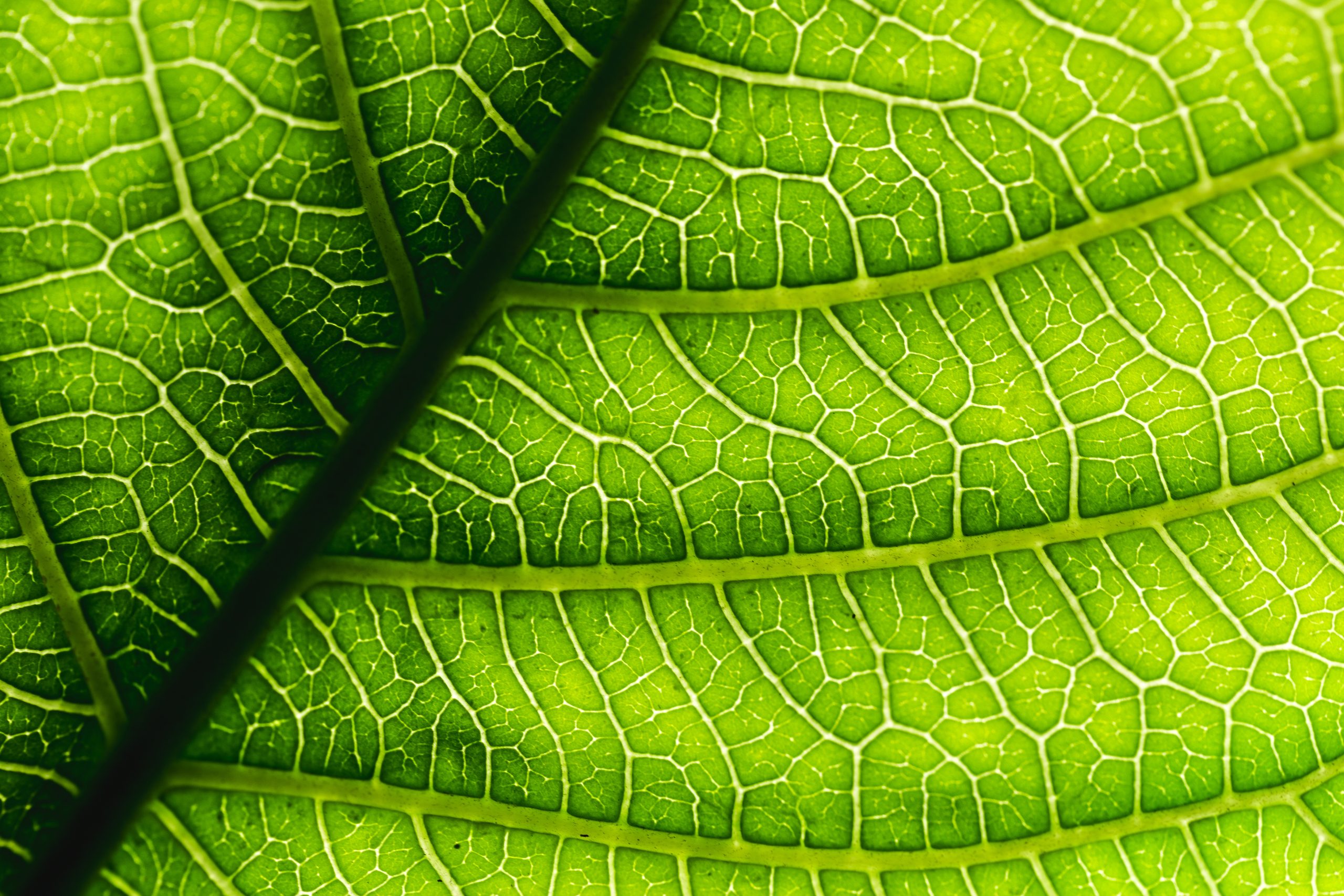
In 1960, an entrepreneur named David Latimer set an experiment to investigate the interdependent relationship between plant life and their microbiological surroundings within a closed system. He placed only a handful of soil-dwelling plants – a fern, moss, and grass seeds. Afterward, he sealed the bottle tightly with a cork and silicone to prevent any exchange of gases or nutrients with the outside world. He opened the bottle in 1972, watered the plant and sealed it again to experiment. It has been a self-sustaining miniature ecosystem for over 60 years.
Today, Latimer’s bottle garden resides on permanent display at the Senecavale Discovery Center in Ohio, where it was donated in 2008. Under a magnifying glass, observers can still spot living plant roots, testifying to the balanced and complex miniature ecosystem that has thrived entirely independently for over six decades inside its sealed bottle shell.
Let’s research to find out how David Latimer designed and carried out his experiment:
- Where did he keep the bottle in his house and why?
- How would you explain the relationships between the plant life and their microbiological surroundings: cycle nutrients and gases indefinity in a miniature ecosystem?
Design an experiment to set the optimal conditions for plant growth
- Design a similar experimental setting. How would you design it to collect data, monitor, analyse, and set the optimal conditions for the everlasting ecosystem?
- What gases would that be in the bottle and how would you measure their concentration changes over time? What is the role of sunlight in this process?
- What is a sensor and how does it work?
This Worksheet is part of the Quartely Problem Series. For more quartely problems and other classroom materials, click here.
Picture Source: Designed by freepik
CC-BY-NC-SA 4.0 licence granted
Content-related competences
